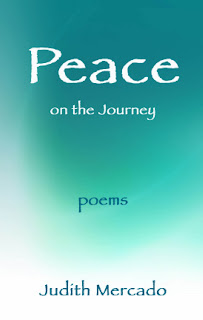
With only two chapters left to finish the first draft of my work-in-progress novel, I have changed a main character’s name. That may not seem to be a big deal, but it is the first time I have ever done it this late in the process. Usually, by this stage, the characters in a novel or short story have become like real people to me. On an ongoing basis, I have been thinking about and having inner dialogue with, for example, a Juan or a Juana or Abigail. So to now change a Juana into a Miriam is disconcerting [not the names I used].
Names are not mere bagatelles, it turns out. Think what these fictional names evoke:
• Ishmael (Moby-Dick)
• Santiago (The Old Man and the Sea)
• Sancho Panza (Don Quijote)
• Hester Prynne (The Scarlet Letter)
• Scrooge (A Christmas Carol)
• James Bond (Casino Royale et al.)
These names have turned into archetypal giants. Were they whims of the authors? I don’t know. I just know what their impact has been after publication. Would James Bond have been as evocative if his name had been Walter Qwiatkowski? Hmm, I doubt it, though I really can’t know.
So names are not insignificant, and when my inner sense kept nudging me that there was something wrong with the name I had given my character, I finally paid attention. Thank goodness for Microsoft Word’s Find and Replace function. With a few keystrokes, the deed was done. Interestingly, as I have started writing the next-to-last chapter, using the new name has made the writing easier. I had not realized my shoulders had been tensing up the whole time I was using the old name.
What still remains a question for me is whether the unease with the name happened because it was a poor choice in the first place or whether it resulted from the character’s growth within the novel. If the latter, am I being short-sighted in not letting her have the original name since after all that might help signal the character’s evolution? I don’t know. For now, I’ll just go with the fact that it makes the writing easier. After all, I still can use Word’s Find and Replace again.











